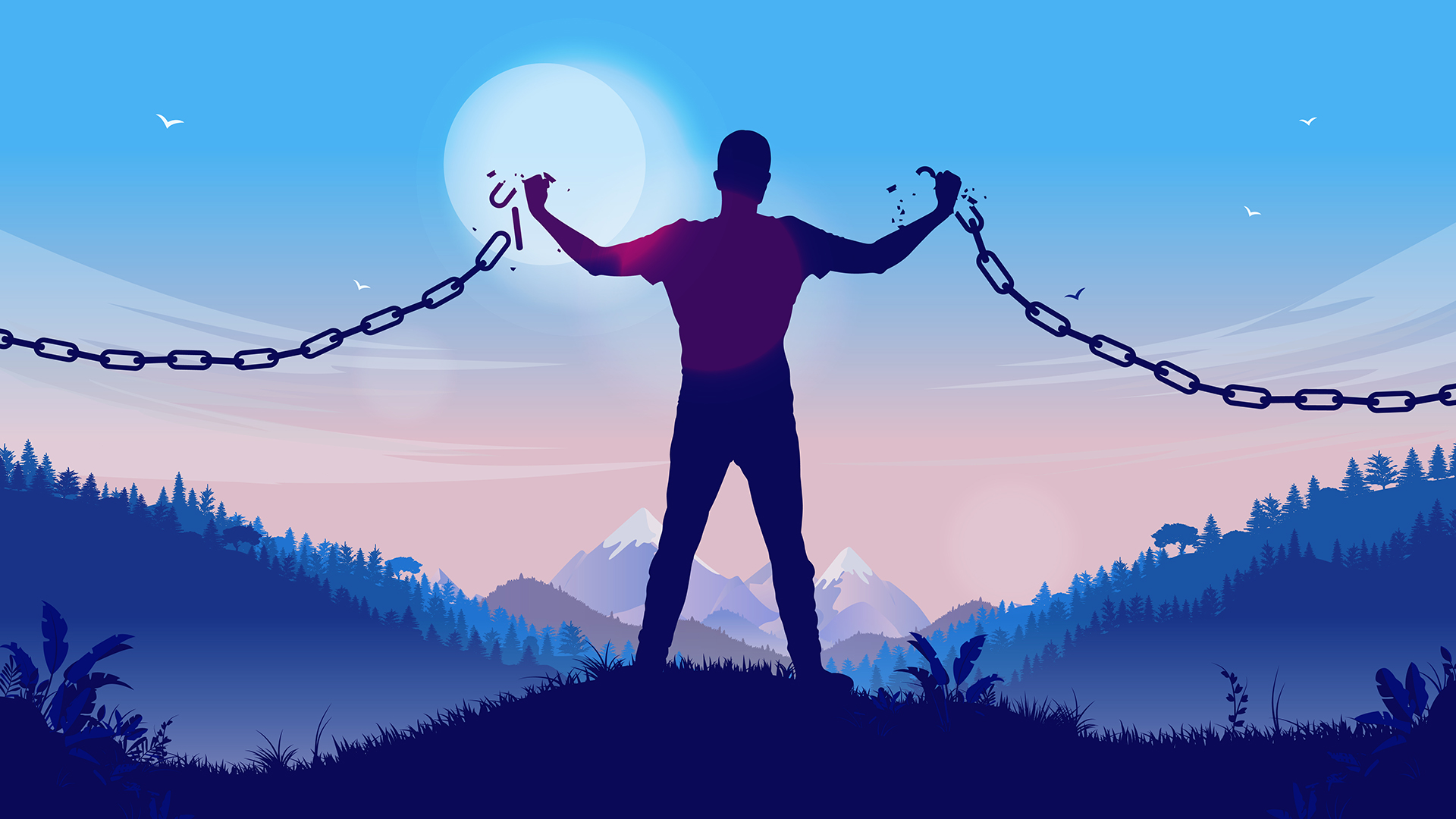
One of the “great debates” in the addiction treatment field is whether addiction is truly a disease. While the American Medical Association classified alcoholism as a disease way back in 1956, many are skeptical and continue to view addiction as a moral issue, a character issue, and even a cop out. So let’s take a look at an accepted definition of “disease” and see if addiction fits.
Disease: A morbid process with characteristic identifying symptoms, regardless of whether the etiology (cause) or prognosis (outcome) is known or unknown.
Causes of Addiction
There is more than one cause contributing to addiction. There are many factors that contribute to the development of addiction: genetic predisposition, psychological factors, brain chemistry factors such as low dopamine levels, social learning factors, and many others. Some would argue that addiction is a “self-inflicted” condition, but it is important to recognize that nobody chooses to become an addict. We do choose to use substances, but the same denial system common in all chronic illnesses prevents us from recognizing the slippery slope we are on.
External and Internal Symptoms
The characteristic identifying symptoms are both external and internal. Common external symptoms as addiction progresses are family problems, job problems, legal problems, and financial problems. Addiction tends to be a disease of isolation – what started out as social, a party, eventually leads to reduction in social activities, using alone, and a cloak of secrecy as we try to hide our using and related behaviors. By merely abstaining from substance use, many of these external problems are resolved.
It is the internal symptoms of addiction that must be treated in order to prevent relapse. It is the treatment of these internal symptoms that distinguishes true recovery from mere abstinence and builds a foundation for lasting recovery.
Internal Symptoms and Corresponding Recovery Skills
Here is a list of major internal symptoms of addiction with the corresponding recovery skills that must be mastered:
-
- Denial
Skill: surrender, open-mindedness, ability to see the truth - Craving/tendency toward relapse
Skill: surrender, accepting responsibility for recovery - Low self esteem
Skill: acknowledging assets; recognizing faulty programming - Tendency toward isolation
Skill: develop support system; learn social skills - Poor impulse control
Skill: delaying gratification - All-or-nothing thinking
Skill: reality-checking; receiving feedback without over-personalizing - Conflict avoidance
Skill: assertiveness training - Detachment from feelings
Skill: identifying, expressing and surviving feelings - Obsessive thinking/compulsive behavior
Skill: balance - Rationalization
Skill: honesty - Low frustration tolerance
Skill: “easy does it”
- Denial
Conclusion
It is these internal symptoms of addiction that must be treated. Obviously, abstinence is key but abstinence does not equal recovery. Do not be fooled by pharmaceutical claims of new drugs that offer a “cure” for addiction. They may be helping tools, even part of the answer, but they are never “the answer.” Addiction is a chronic disease that requires ongoing treatment. Recovery is hard work, but addiction is a very treatable disease.
